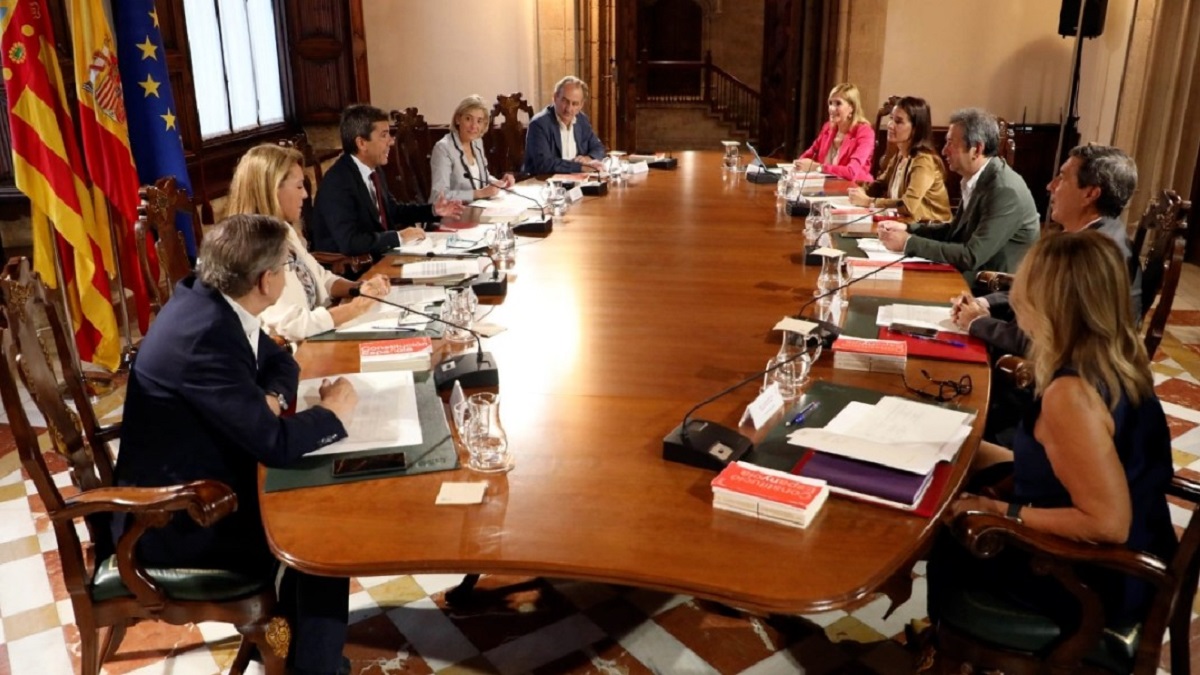The new European regulation seeks to guarantee the independence of the media through strict rules of transparency and ownership
This Tuesday marks a milestone in media regulation at the European level with the entry into force of the first regulation designed to monitor the media in the European Union. The main objective of this new legislation is to strengthen media plurality and independence, ensuring that EU citizens receive information free of hidden political and economic influences. This legislative effort comes in response to growing concerns about journalistic freedom and attacks on pluralism in countries such as Hungary, Poland and the Czech Republic.
In an effort to increase transparency, the regulation requires all media outlets to clearly and accessiblely disclose information about their owners. This includes the names of direct or indirect owners who own significant shares, capable of influencing strategic decisions and the daily operations of the media. This measure aims to make the public aware of the possible interests behind the news they consume., which is essential for trust in the media.
The challenges of the new European media regulation
Despite good intentions, the implementation of this regulation It is not without challenges. The main concern is how it will be balanced the need for transparency with the protection of editorial independence against possible political or economic reprisals. In addition, the regulation leaves out controversial aspects such as spying on journalists under the excuse of national security, an issue that had generated great debate during the negotiations of the text.
This regulatory framework also establishes obligations related to government advertising in the media. Public entities must follow clear and fair criteria for the distribution of advertisements, avoiding favoring media outlets based on ideological or political affinities. This is a direct response to practices seen in some member states where government advertising has been used to pressure or reward sympathetic media.
The regulation not only represents a step forward in the fight for a free and plural press in Europe, but also raises important questions about the effectiveness of the measures in the context of a globalized and digitally interconnected media market. The ability of authorities to monitor and enforce these regulations will be key to their success.
As EU media and governments begin to adapt to this new regulatory environment, transparency in ownership and government advertising become pillars of an era of renewed confidence in European journalism. The effective implementation of this regulation could serve as a model to follow globally, demonstrating that it is possible to balance transparency, independence and freedom of the media in an era of disinformation and polarization.

